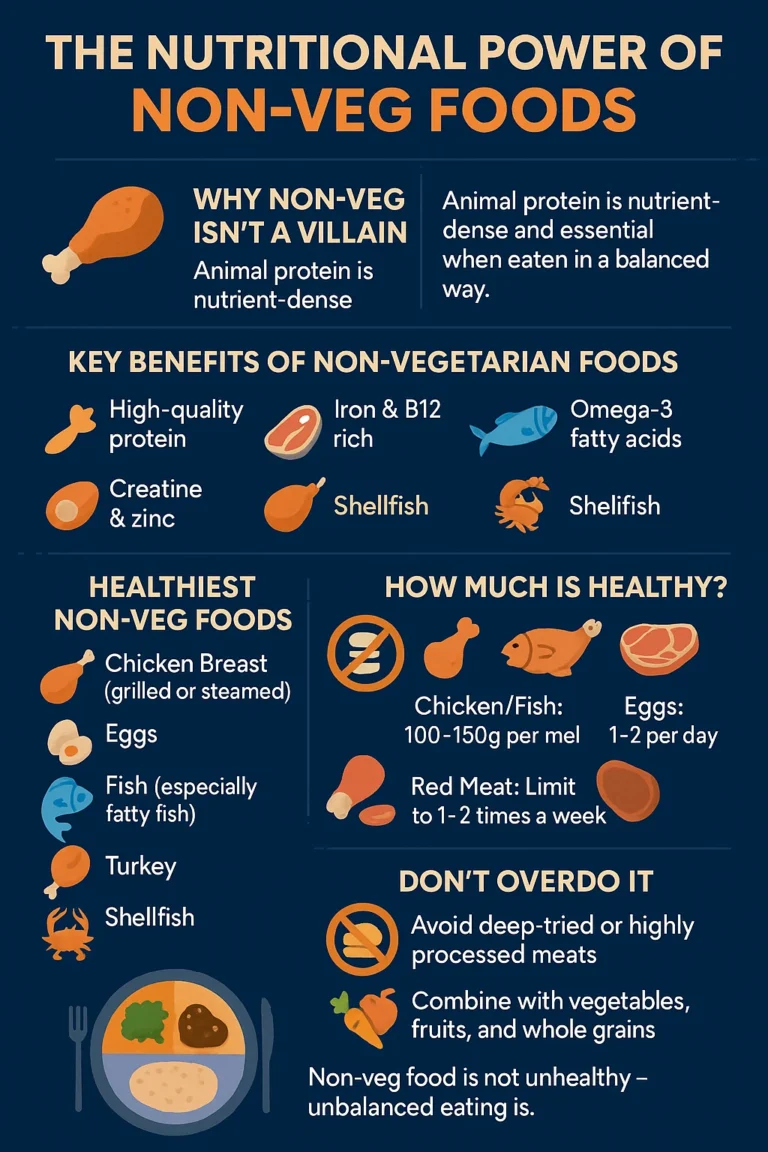Understanding Calories and Nutrients: A Complete Guide
Introduction
In the world of nutrition and fitness, calories and nutrients play a crucial role in maintaining a healthy lifestyle. Whether you’re looking to lose weight, build muscle, or simply stay fit, understanding how calories, macronutrients, and micronutrients work together is essential.
What Are Calories?
Calories are units of energy that our bodies use to function. Every food and beverage contains calories, which our body converts into energy to support activities like breathing, moving, and even thinking. Consuming more calories than your body needs leads to weight gain, while a calorie deficit results in weight loss.
Key Points:
- Calories come from carbohydrates, proteins, and fats.
- Balancing calorie intake with physical activity is crucial.
- Caloric needs vary based on age, gender, and activity level.
Macronutrients: The Building Blocks of Your Diet
Macronutrients are nutrients required in large amounts to provide energy and support bodily functions. The three primary macronutrients are:
- Carbohydrates:
- Primary energy source.
- Found in grains, fruits, vegetables, and dairy.
- 4 calories per gram.
- Proteins:
- Essential for muscle repair and growth.
- Sources include meat, legumes, and dairy.
- 4 calories per gram.
- Fats:
- Supports cell growth and hormone production.
- Found in oils, nuts, and fatty fish.
- 9 calories per gram.
Balancing Macros:
- A typical ratio might be 50% carbs, 20% protein, 30% fats, but this can vary based on individual goals.
Micronutrients: The Small but Mighty Nutrients
Unlike macronutrients, micronutrients are required in smaller amounts but are essential for overall health.
Vitamins:
- Aid in energy production and immune function.
- Example: Vitamin C (immune support), Vitamin D (bone health).
Minerals:
- Important for bone health, fluid balance, and muscle function.
- Example: Calcium (bones), Iron (oxygen transport).
Why Balance Is Key
Both macronutrients and micronutrients are essential for optimal health. Focusing too much on one while neglecting others can lead to imbalances and health issues.
Tips for Maintaining Balance:
- Eat a variety of whole foods.
- Monitor your calorie and nutrient intake using apps.
- Adjust your diet based on fitness goals and lifestyle.
Conclusion
Understanding calories, macronutrients, and micronutrients helps in making informed dietary choices. Balancing these elements can support weight management, muscle growth, and overall well-being. Prioritize balanced meals and regular activity to maintain a healthy lifestyle.
Call to Action:
Start tracking your calories and nutrients today to take charge of your health journey!
